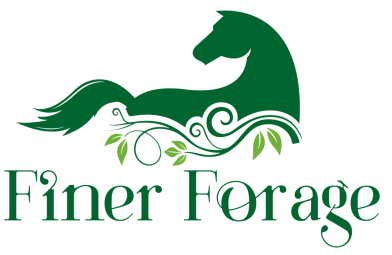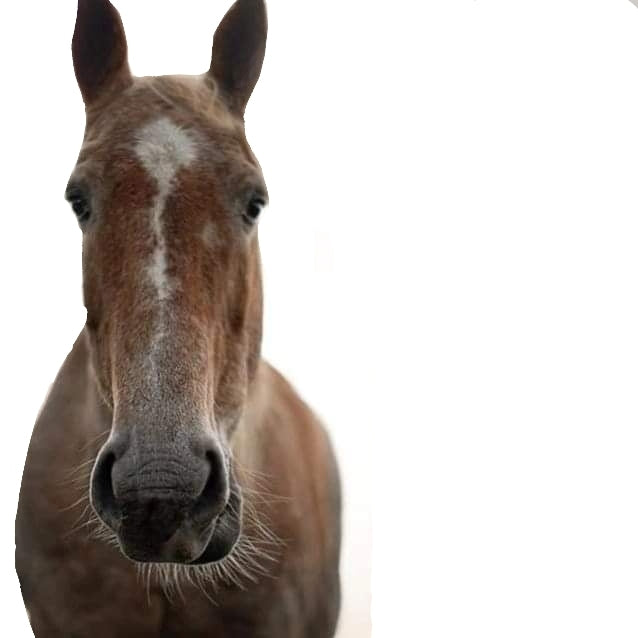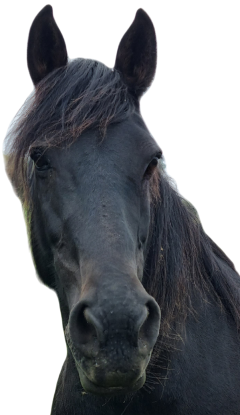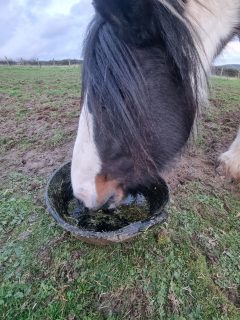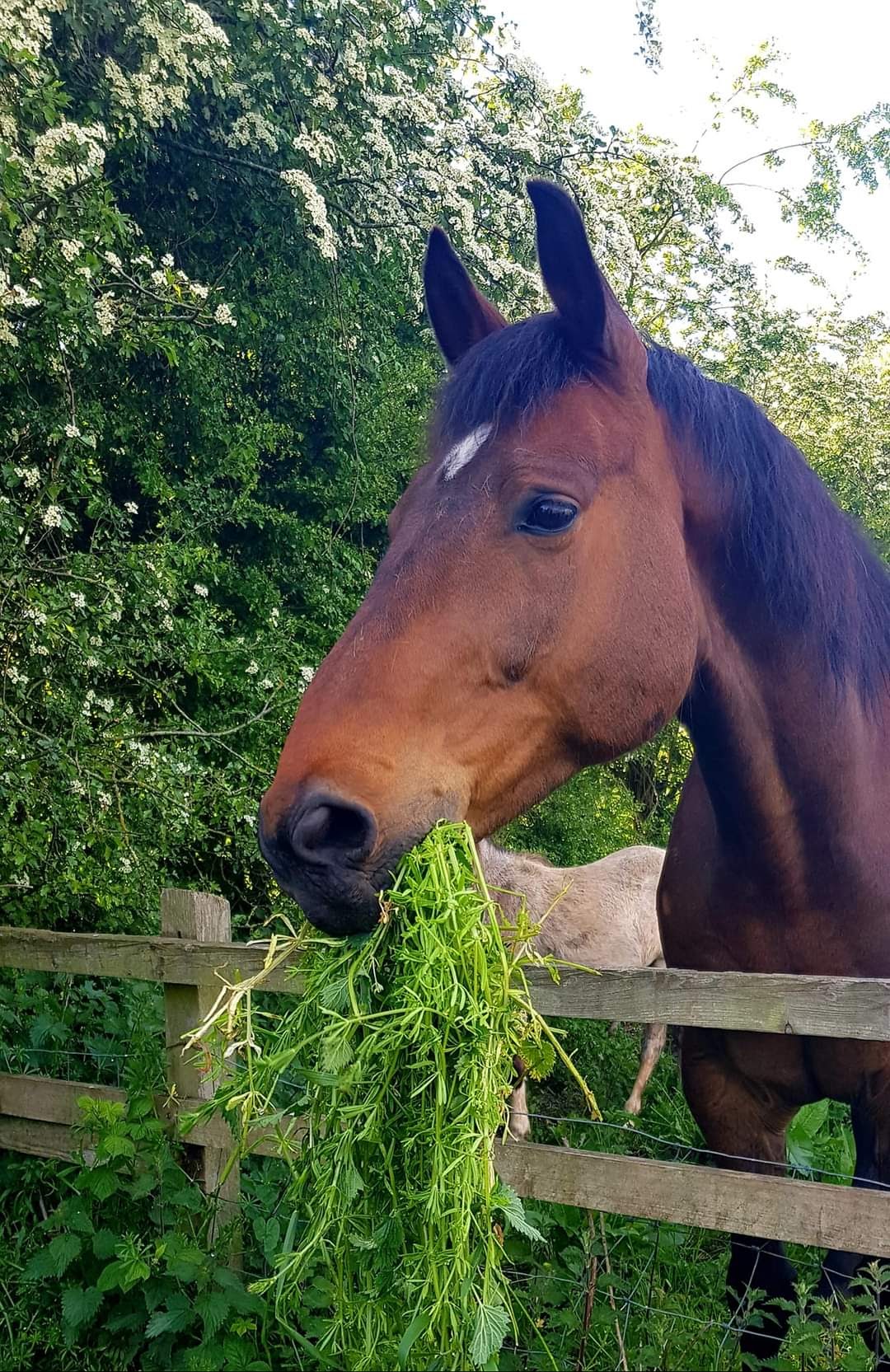
Species Appropriate Horse Feed
People often ask me why we make our feed from just grasses, flowers and herbs and don't include byproducts. Many people, especially those in 'the industry', are used to seeing ingredients like "wheatfeed" and "oatfeed" in their feeds; they don't understand why we won't make use of these cheap ingredients to bulk out our feeds, since they're low sugar and starch, and therefore presumed to be healthy and appropriate for horses with EMS and laminitis, and they're a fraction of the cost! The answer is that I firmly believe that these abundant by-products are not helping our horses.
By-products are a fairly modern way of feeding horses, and a profitable way of removing waste from large confectionary, baking and brewing companies. The lifestyle and diet of the horse is very different now than it was 30, 50 and 100 years ago. We now live in a world where most horses have gastric ulcers (60-100%), where laminitis is a very common problem, often alongside EMS and PPID. Myopathies like PSSM are increasingly a problem. Colic is the number one killer of horses. These "modern" issues are on the rise; we don't think it's a coincidence that all of these problems are diet related!
We believe that feeding horses a diet of whole fibre plants helps to protect them from disease.
When we feed fibres that are ground up (as we see in wheatfeed, oatfeed, soya hulls etc) they ferment much faster than when they are fed in whole form. When horses are fed plant matter like chaff, dried flowers, berries etc, these ferment much more slowly, which provides food for the hindgut microbiome, meaning that nutrients and energy are extracted much more slowly. This is more in line with how horses have evolved to eat: it is appropriate to their species and therefore hugely beneficial to their health.
We believe that feeding as naturally and species appropriately as possible is key to great horse health, and the proof is in the herd. That's why, at Finer Forage, we aim for Naturally Better Horsefood.
